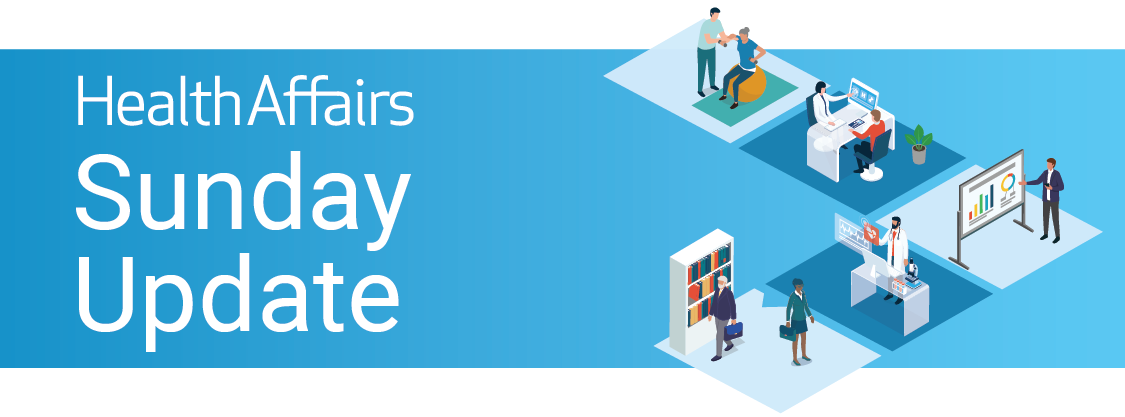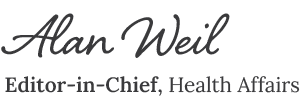Olivia Sugarman and coauthors examine Louisiana Medicaid claims data for enrollees with opioid use disorder (OUD) between 2018 and 2021 and find that uptake of medications for OUD (MOUD) more than tripled.
The authors conclude, “The combination of policy tools enacted during [this period] was likely a potent contributor to this change.”
Despite the improvement, disparities in MOUD persisted, with use highest among enrollees who were White, were older, had comorbidities, and lived in a metropolitan area.
Medicaid managed care plans vary widely in their requirements for prior authorization of buprenorphine, which providers often cite as a barrier to appropriate OUD care.
Analyzing plan coverage documents, Christina Andrews and coauthors find higher rates of prior authorization requirements among plans operating in states with a Republican-leaning electorate and among for-profit plans relative to nonprofit plans.
Using federal treatment locator data, Caroline King and coauthors identify 160 residential addiction treatment facilities nationwide that serve adolescents with OUD.
Of these, a little more than half had a bed immediately available at the time of inquiry. Four-fifths of nonprofit facilities and one-fifth of for-profit facilities accepted Medicaid.
Overall, “only seven states had a facility that accepted Medicaid, had a bed open the same day, and offered buprenorphine.”







